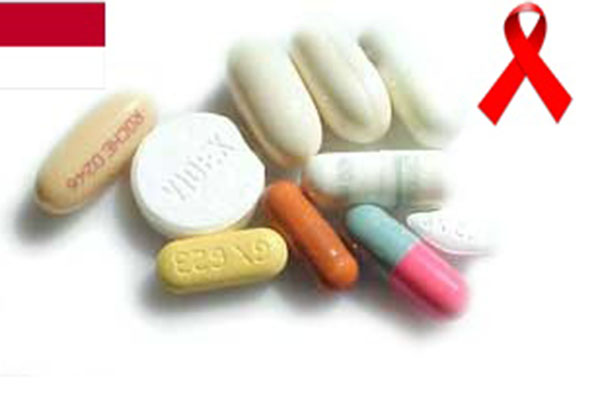
AT least one million people are now on anti-retroviral therapy (ART), as the government works on eradicating HIV and Aids by 2030 as envisaged by the Sustainable Development Goals (SDGs), it has been learnt.
BY SHARON SIBINDI/ALEXIS SIBANDA
Health and Child Care minister David Parirenyatwa made the disclosure when he presided over the donation of a breast cancer screening machine to Mpilo Central Hospital in Bulawayo by the National Aids Council (NAC).
He said the number of new HIV infections had dropped by nearly 50% between 2011 and 2016, from 0,88% to 0,48%, as confirmed by recent studies.
“At the same time, we have just gone past the one-million mark for the number of people receiving anti-retroviral therapy, as we coast towards ending Aids by 2030 in line with Sustainable Development Goals,” he said.
However, Parirenyatwa said while Zimbabwe had made progress in the fight against HIV and Aids, there was a new threat in the form of non-communicable diseases (NCD) like cancer.
“While we have achieved commendable progress in the response of HIV and Aids, our country now faces new threats in the form of non-communicable diseases, particularly cancer, with 60% of new cases associated with HIV,” he said.
“As a consequence of this progress we have made in providing ART to people living with HIV, they are now living longer, however, becoming susceptible to other diseases, especially non-communicable ones. and in particular cancer, which kills over 8,8 million people per year globally.”
- Chamisa under fire over US$120K donation
- Mavhunga puts DeMbare into Chibuku quarterfinals
- Pension funds bet on Cabora Bassa oilfields
- Councils defy govt fire tender directive
Keep Reading
In Zimbabwe, more than 4 000 new cases of cancer are recorded each year, with men highly affected by Kaposi sarcoma, prostate, oesophagus and non-Hodgkin’s lymphoma.
Parirenyatwa said women were affected by cervical and breast cancer and Kaposi sarcoma.
“In fact, cervical cancer alone accounts for 35% of all cancers in Zimbabwe,” he said.
“Cases of children affected by cancer are also on the rise and I was touched to see so many children affected at Parirenyatwa [Group of] Hospitals a few months ago.
“Lack of community awareness has been identified in the national cancer prevention and control strategy for Zimbabwe 2014-2018 as one of the major challenges that we face in fighting cancer, as 80% of cancer patients present late stages three and four, resulting in increased premature deaths.
“Other challenges include inadequate resources for cancer programmes and limited service coverage, leaving people in outlying areas with limited or without services at all.”
Parirenyatwa said he was happy that NAC had responded to the request to procure the cancer testing machine to assist in detection of breast cancer, which is the second most common among women, after cervical cancer.
Mpilo becomes the third public hospital to receive such a cancer screening machine after Harare Central and Mutare General hospitals.
The hospital said it requires about $63 000 to repair the Dmax radiotherapy machine, which is also used in the treatment of cancer.
NAC chief executive officer Tapuwa Magure said his organisation was now focusing on cancer education and awareness programmes in addition to HIV public sensitisation activities.
“It has been noted that more people age with HIV due to availability of treatment, but they now face challenges of morbidity and mortality from NCDs that include cancers.
“In response to this and the evidence that 60% of cancer cases are HIV-related, NAC has already integrated cancer work and have financed the procurement of the mammogram machine we are handing over today, among other initiatives,” he said.











